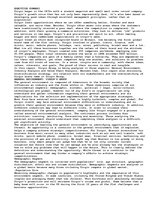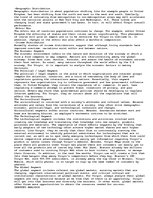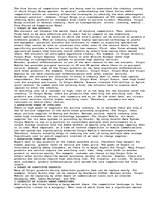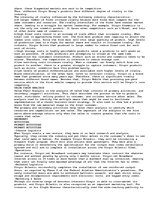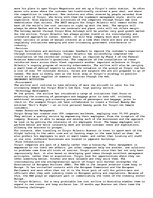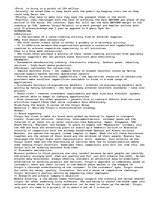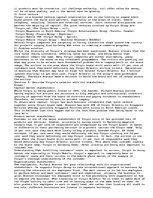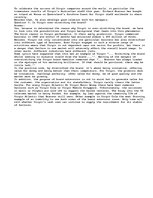-
Virgin Airline
EXECUTIVE SUMMARY
Virgin began in the 1970s with a student magazine and small mail order record company. Virgin's growth since then has not only been impressively fast, it's also been based on developing good ideas through excellent management principles, rather than on acquisition.
Virgin looks opportunities where we can offer something better, fresher and more valuable, and seize them. Besides, Virgin often moves into areas where the customers have traditionally received a poor deal, where the competition is complacent. In addition, with their growing e-commerce activities, they look to deliver 'old' products and services in new ways. Virgin's are pro-active and quick to act, often leaving bigger and more cumbersome organizations in virgin's wake.
Virgin known as third most recognized brand in Britain, now becoming the first global brand name of the 21st century. Virgin involved in planes, trains, finance, soft drinks, music, mobile phones, holidays, cars, wines, publishing, bridal wear and a lot. What tie all these businesses together are the values of their brand and the attitude of virgin's employees. Virgin created over 200 companies worldwide, employing over 25,000 people. Their total revenues around the world in 1999 exceeded US$5 billion.
Virgin's companies are part of a family rather than a hierarchy. They are empowered to run their own affairs, yet other companies help one another, and solutions to problems come from all kinds of sources. In a sense, virgins are a community, with shared ideas, values, interests, and goals. The proof of their success is real and tangible.
…
Virgin airline case study

